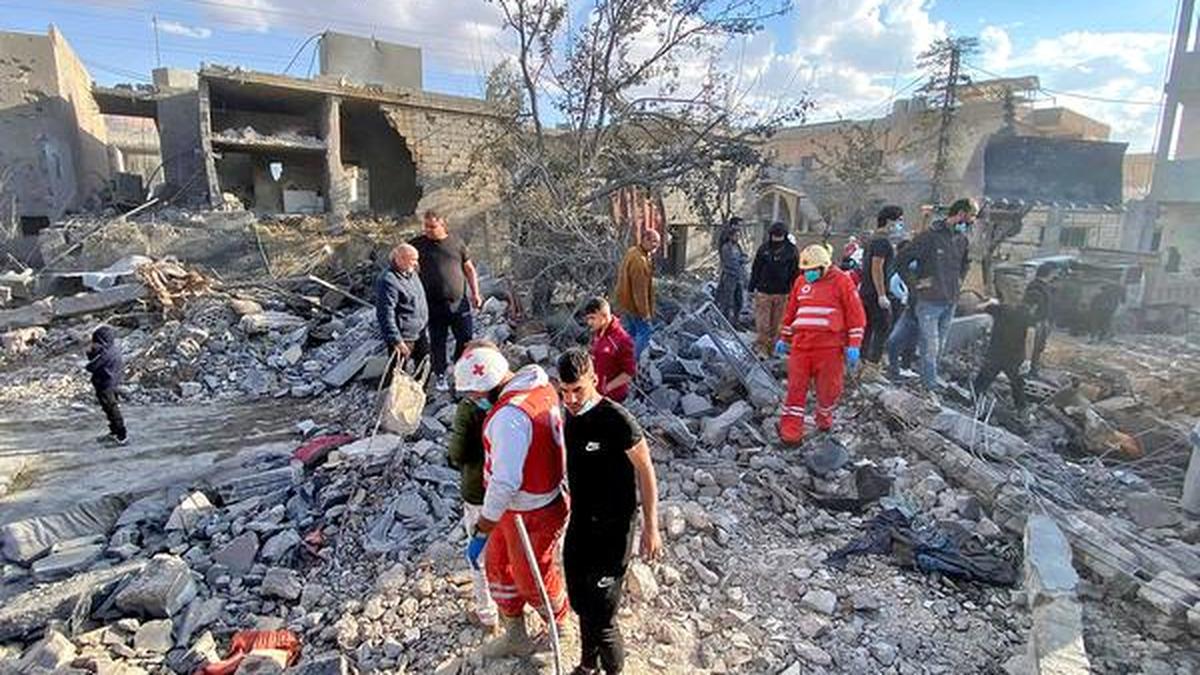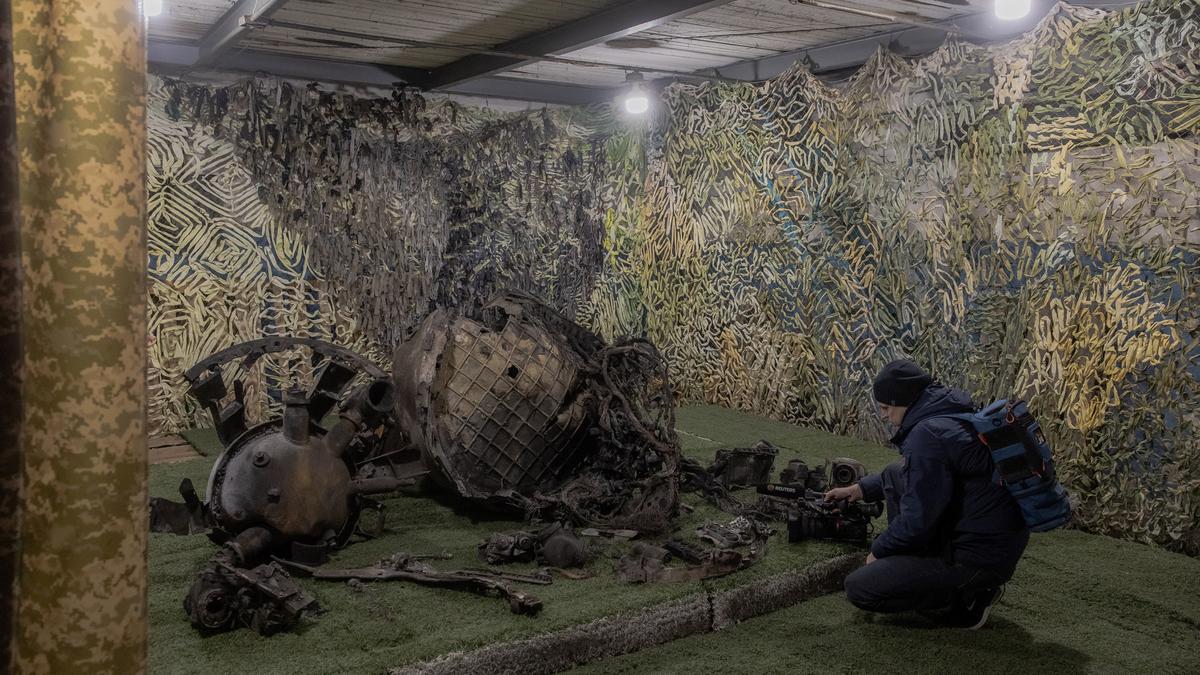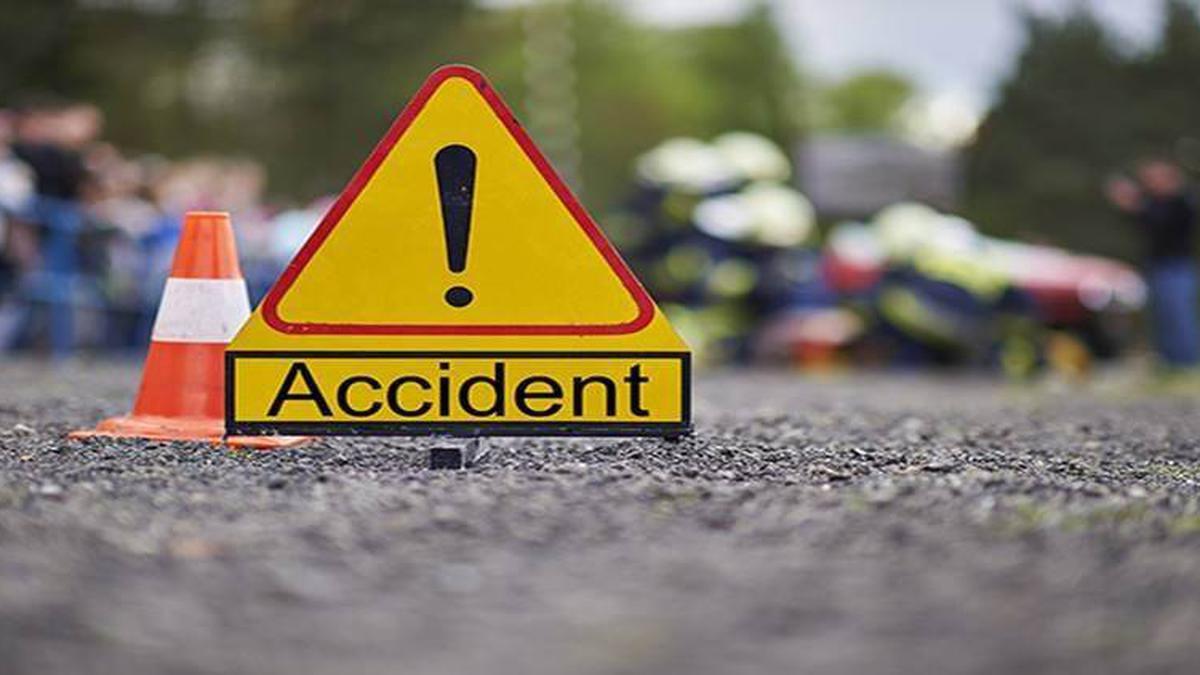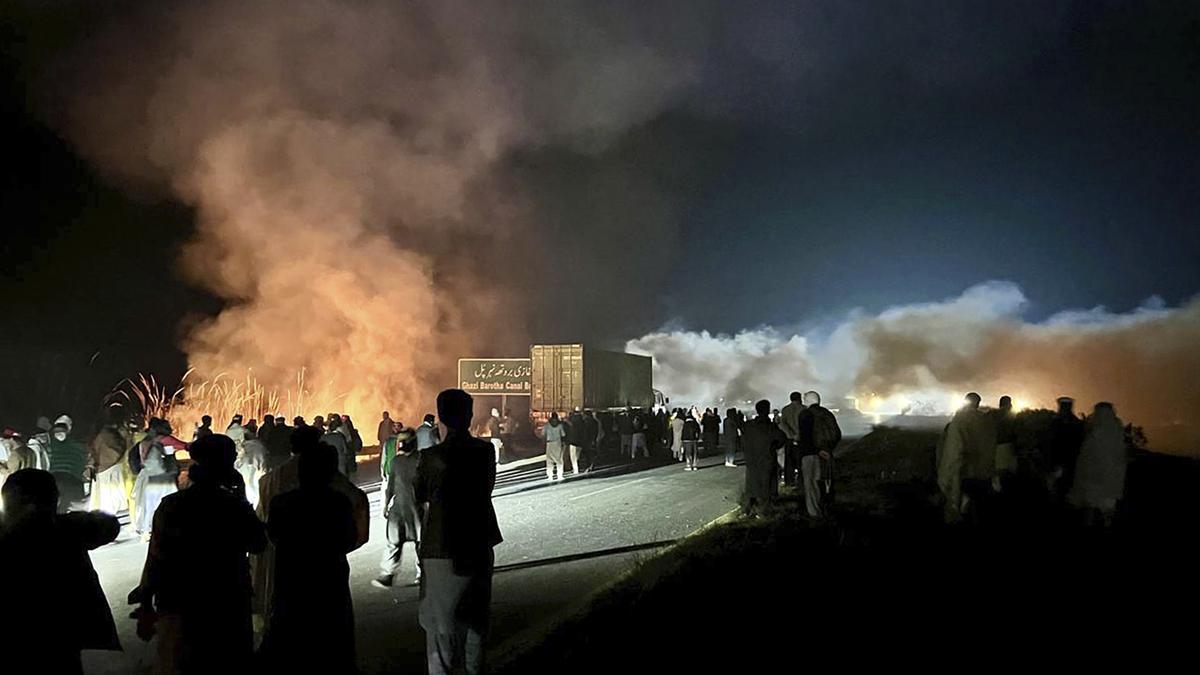The news came by video. Law professor Ali Mourad discovered that Israel had dynamited his family’s south Lebanon home only after footage of the operation was sent to his phone.
“A friend from the village sent me the video, telling me to make sure my dad does not see it,” Mourad, 43, said.

“But when he got the news, he stayed strong.”
The aerial footage shows simultaneous explosions rock a cluster of buildings on a lush hill.
Mr. Mourad’s home in Aitroun village, less than a kilometre from the border, is seen crumpling in a cloud of grey dust.
His father, an 83-year-old paediatrician, had his medical practice in the building. He had lived there with his family since shortly after Israel’s 22-year occupation of southern Lebanon ended in 2000.
The family fled the region again after the Israel-Hezbollah war erupted on September 23 after a year of cross-border fire that began with the Gaza war.
South Lebanon, a Hezbollah stronghold, has since been pummelled by Israeli strikes.
Hezbollah says it is battling Israeli forces at close range in border villages after a ground invasion began last month.
For the first 20 years of his life, Mr. Mourad could not step foot in Aitroun because of the Israeli occupation.
He wants his two children to have “a connection to their land”, but fears the war could upend any remaining ties.
“I fear my children will be orphaned of their land, as I was in the past,” he said.

“Returning is my right, a duty in my ancestors’ memory, and for the future of my children.”
‘Die a second time’
According to Lebanon’s official National News Agency, Israeli troops dynamited buildings in at least seven border villages last month.
Israel’s Channel 12 broadcast footage appeared to show one of its presenters blowing up a building while embedded with soldiers in the village of Aita al-Shaab.
On October 26, the NNA said Israel “blew up and destroyed houses… in the village of Odaisseh”.
That day, Israel’s military said 400 tonnes of explosives detonated in a Hezbollah tunnel, which it said was more than 1.5 km (around a mile) long.
It is in Odaisseh that Lubnan Baalbaki fears he may have lost the mausoleum where his mother and father, the late painter Abdel-Hamid Baalbaki, are buried.
Their tomb is in the garden of their home, which was levelled in the blasts.
Mr. Baalbaki, 43, bought satellite images to keep an eye on the house which had been designed by his father, in polished white stone and clay tiles.
But videos circulating online later showed it had been blown up.
Mr. Baalbaki has not yet found out whether the mausoleum was also damaged, adding that this was his “greatest fear”.

It would be like his parents “dying for a second time”, he said.
His Odaisseh home had a 2,000-book library and around 20 original artworks, including paintings by his father, he said.
His father had spent his life savings from his job as a university professor to build the home.
The family had preserved “his desk, his palettes, his brushes, just as he left them before he died”, Mr. Baalbaki said.
A painting he had been working on was still on an easel.
Losing the house filled him with “so much sadness” because “it was a project we had grown up with since childhood that greatly influenced us, pushing us to embrace art and the love of beauty”.
‘War crime’
Lebanon’s National Human Rights Commission has said “The ongoing destruction campaign carried out by the Israeli Army in southern Lebanon is a war crime”.
Between October 2023 and October 2024, locations “were wantonly and systematically destroyed in at least eight Lebanese villages”, it said, basing its findings on satellite images and videos shared on social media by Israeli soldiers.
Israel’s military used “air strikes, bulldozers, and manually controlled explosions” to level entire neighbourhoods — homes, schools, mosques, churches, shrines, and archaeological sites, the commission said.
Lebanese rights group Legal Agenda said blasts in Mhaibib “destroyed the bulk” of the hilltop village, “including at least 92 buildings of civilian homes and facilities”.
“You can’t blow up an entire village because you have a military target,” said Hussein Chaabane, an investigative journalist with the group.
International law “prohibits attacking civilian objects”, he said.
Should civilian objects be targeted, “the principle of proportionality should be respected, and here it is being violated”.
Published – November 02, 2024 11:23 am IST






